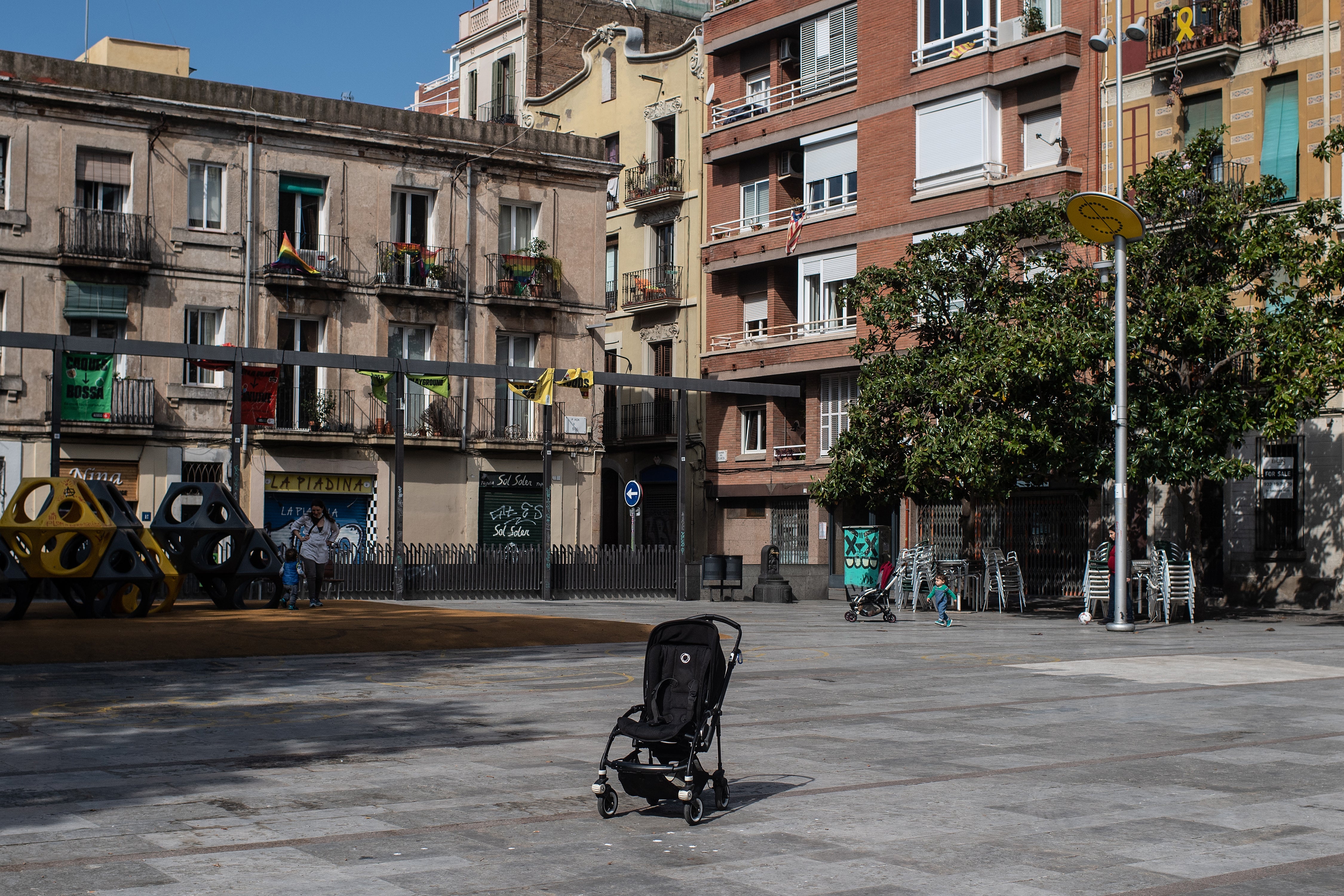Spain opens national probe into babies ‘stolen from disloyal parents’ under Franco dictatorship
Families hope investigation will help them in their desperate search to find their children, as Graham Keeley reports


Spain’s attorney general is to investigate dozens of cases of children who were allegedly stolen at birth in the first national probe into a scandal that has haunted the country.
Prosecutors will examine 58 cases brought by parents, siblings, and grown-up children who claim their loved ones were taken from them as infants between 1954 to 1994.
Maria Bueno Morales is among those searching for her missing daughter, also called Maria, who she believes was stolen just after she was born in 1981.
“I gave birth on Christmas Eve and the next day a nun brought me a porcelain Jesus as a consolation for the daughter she said had died,” she tells The Independent.
“But I have a certificate proving my daughter was never buried in the local cemetery and there is no record of me entering the hospital to give birth. I am sure she was stolen.”
In the years after Spain’s 1936-1939 civil war, children were taken away from their parents identified by the victorious fascist regime as Republicans and given to families considered more “deserving”.
The practice, which is believed to have continued into the 1990s, remained in the shadows until two men went public with their story in 2011. Antonio Barroso and Juan Luis Moreno revealed they had been bought by their respective fathers from a priest in Zaragoza, eastern Spain.
Mr Barroso, who founded the National Association for Irregular Adoption Victims, claims that 15 per cent of adoptions in Spain between 1965 and 1990 – or about 300,000 people – were the result of babies being taken without consent from their biological parents.
The prosecutor will investigate possible crimes of falsification of documentation relating to childbirth or family relationships. However, in a new legal development, lawyers will also consider the crime of domestic abuse as defined as mothers who were subjected to “pressure when they gave birth during the Franco dictatorship”.
“This case is really significant because up to now investigations have been amateurish and local. Now they will be coordinated from Madrid,” said Ms Bueno Morales, who works with the International Forum for Victims of Enforced Child Disappearance Platform.
“I have hope that at last we will get justice. For us it has been a kind of psychological torture losing our loved ones.” She said the families claim that they were victims of internationally recognised offences of child abduction and crimes against humanity and as such these cannot be proscribed.
I have faith that this government wants to help me find Maria. She will be 40 years old now and I don’t know her
In 2018, Dr Eduardo Vela became the first person in Spain to stand trial for what victims’ groups claimed was a secret practice in which thousands of babies were stolen and sold during the Franco dictatorship and after his death in 1975.
Ines Madrigal, the baby Dr Vela was accused of abducting in 1969, claimed her birth mother may have been deceived or bullied into giving her away.
“They told my adoptive mother that the biological mother was a married woman who couldn’t keep me. She had had an affair while her husband was away, they said,” she said. “In the end I found my biological brothers and sisters but not my mother Pilar who died in 2013 before we could get to know each other.”
The 86-year-old doctor was convicted of child abduction, faking a birth certificate and falsifying childbirth records. However, the Madrid court ruled Vela should not be punished on the basis that the statute of limitations on the offences had expired.
A later case brought by Ms Madrigal was dismissed by Spain’s Supreme Court. Alvaro Garcia Ortiz, the chief prosecutor of the technical secretariat of the public prosecutor’s office, wrote to the families about the new investigation.
“The state prosecutor has assumed the obligation to give a response to all those mothers, children and families who suspect they were victims of an alleged robbery of a recently born child despite all the difficulties for the investigators,” he said. Some of the cases were previously shelved but prosecutors promised to analyse each of these again on an individual basis.
Mr Garcia Ortiz said the cases demonstrated the possible connection between the hospitals where children were born, the medical staff who signed false death certificates for babies and religious orders linked to the hospitals. However, he said so far it was not possible to prove the existence of a nationwide organisation that stole babies.
In 2018, Spain’s left-wing government approved a parliamentary commission to help families who believe their loved ones were stolen. A DNA bank was set up to make it easier for relatives to trace family members.
Ms Bueno Morales says she hopes the latest investigation will finally be the end of a long quest for justice.
“I have faith that this government wants to help me find Maria. She will be 40 years old now and I don't know her.”

Join our commenting forum
Join thought-provoking conversations, follow other Independent readers and see their replies
Comments